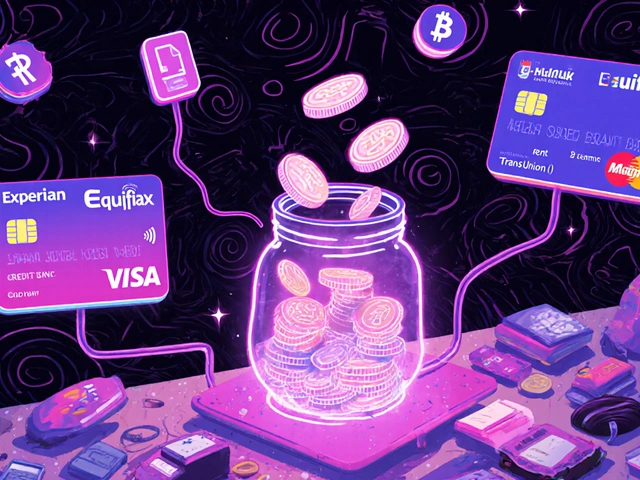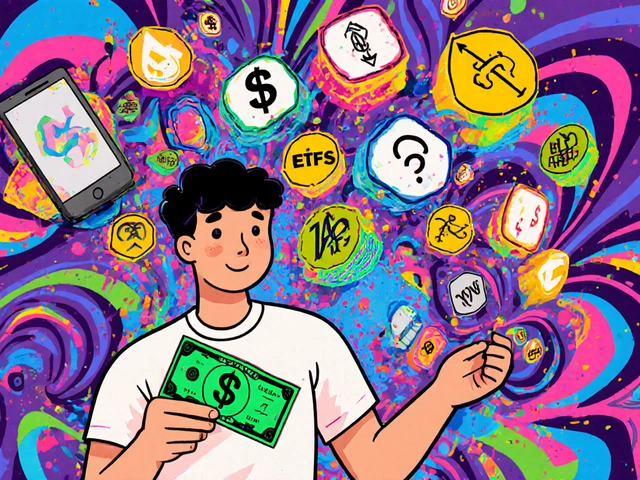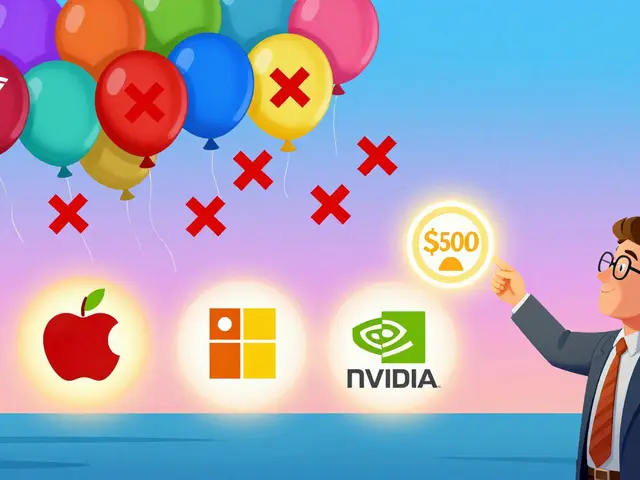Financial Innovation: Tools, Trends, and Real-World Applications
When we talk about financial innovation, the introduction of new technologies, processes, or business models that improve how money is managed, invested, or protected. Also known as fintech evolution, it’s not just about flashy apps—it’s about fixing real problems like hidden fees, slow insurance claims, and confusing retirement rules. You don’t need a finance degree to benefit from it. What matters is knowing what’s actually helping people sleep better at night.
Take hybrid advisors, a blend of automated investing and human guidance that gives you both low costs and real support when life changes. They’re not here to replace your financial planner—they’re here to make one affordable. For someone with $50K to $500K saved, this setup cuts fees by half while still offering help during job loss, divorce, or inheritance. Then there’s cybersecurity insurance, a safety net for small businesses hit by ransomware or data breaches. It’s not just for big companies anymore. In 2025, even a single mom running an Etsy shop needs it because hackers don’t care how small you are.
Behind the scenes, policy administration systems, the core software that runs insurance companies, are being rebuilt with AI and cloud tech. That’s why some insurers now process claims in hours instead of weeks. And it’s not magic—it’s code. These upgrades trickle down to you in faster payouts, clearer policies, and fewer form-filling headaches.
Financial innovation isn’t about chasing the next big thing. It’s about spotting what actually works. Robo-advisors with $10 minimums? That’s innovation. Transparent fees that stop predatory lending? That’s innovation. Idempotency keys preventing double charges in payment apps? That’s innovation too. These aren’t buzzwords—they’re quiet fixes that make your money safer, cheaper, and easier to manage.
You’ll find all of this in the posts below: real examples of how financial innovation shows up in your portfolio, your insurance, your retirement accounts, and even your social media security. No theory. No fluff. Just what’s changing right now—and how it affects your wallet.





